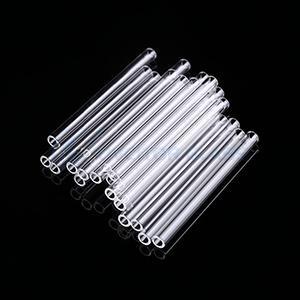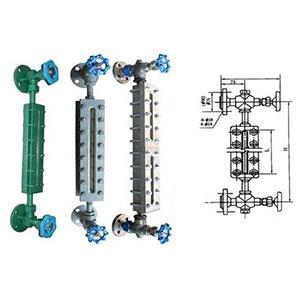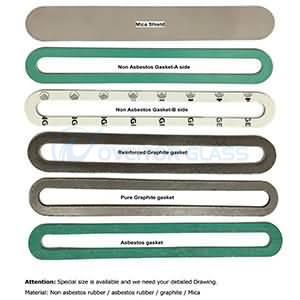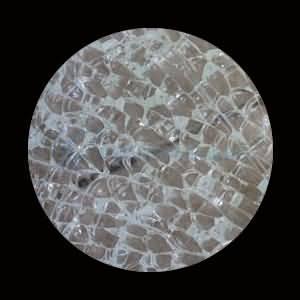What Are The Advantages Of Quartz Glass Tubes?
Quartz glass tube is a special industrial technical glass made of silica,which has a series of excellent physical and chemical properties such as higher hardness and transparency than normal glass tubes; and the quartz tube is resistant to high temperature, abrasion resistance, and it has a stronger ability to soothe the reaction. The components of the normal soda-lime glass tube is mainly sodium silicate, silicon dioxide and calcium silicate , and its hardness, transparency, high temperature resistance, and wear resistance are much worse than quartz glass tube.
The mainly advantages of quartz glass tubes is as follows:
1. High temperature resistance
The softening point temperature of quartz glass is about 1730℃, it can be used for a long time at 1100℃, and the temperature can reach 1450℃ for short time.
2. Corrosion resistance
Except for hydrofluoric acid, quartz glass hardly reacts with other acids. Its acid resistance is 30 times that of ceramics and 150 times that of stainless steel. Especially the chemical stability at high temperatures is impossible for any other engineering material. Comparable.
3. Good thermal stability
Quartz glass has a small thermal expansion coefficient and can withstand severe temperature changes. When the quartz glass is heated to about 1100°C, it will not burst when placed in water at room temperature.
4. Good light transmission performance
Quartz glass has good light transmittance in the entire spectrum from ultraviolet to infrared, and the visible light transmittance is above 93%, especially in the ultraviolet spectral region, the transmittance can reach above 80.
5. Good electrical insulation
The resistance value of quartz glass is equivalent to 10,000 times that of ordinary glass. It is a good electrical insulating material and has good insulating properties even at high temperatures.
Quartz glass has the above-mentioned excellent physical and chemical properties, so it is widely used in electric light sources, semiconductors, optical communications, military industry, metallurgy, building materials, chemistry, machinery, electricity, environmental protection and other fields.







